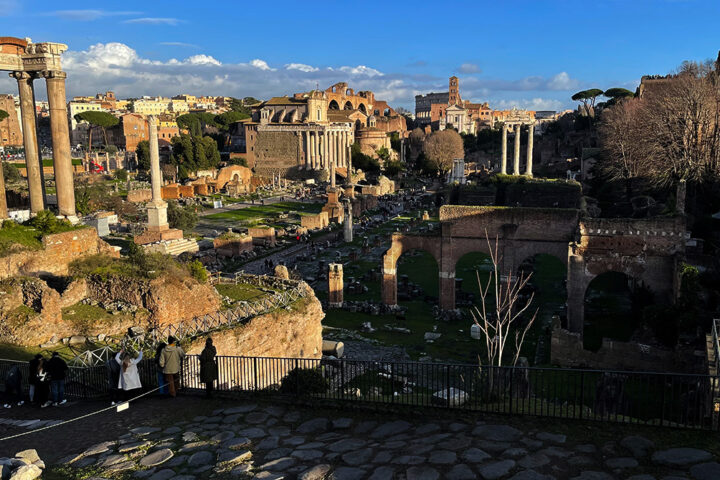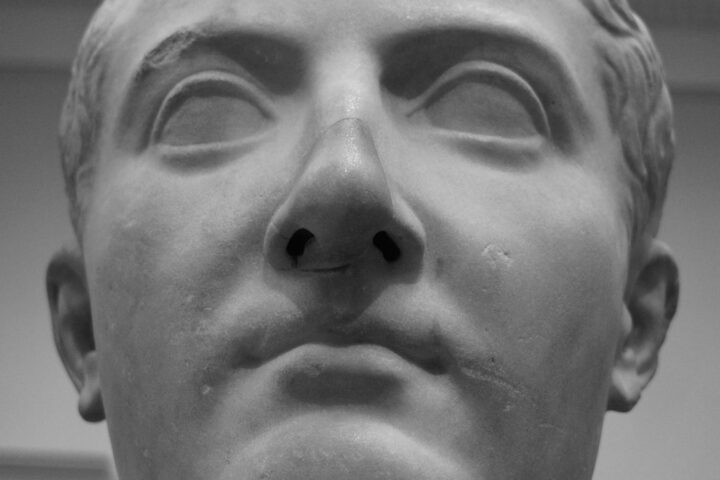Democracy, though not a guaranteed inheritance, is a profound cornerstone of human civilization, encompassing freedoms and responsibilities that shape societies. It is a system built on the pillars of equal opportunities, individual rights, and collective decision-making. The intrinsic value of democracy lies in its ability to respect and empower individual voices while fostering a sense of community and shared purpose.
The consequences of it’s collapse could be significant, impacting nations and potentially causing geopolitical changes. The most immediate impact would likely be a shift in governance structures. Without democratic systems in place, countries might drift towards autocracy, oligarchy, or other forms of authoritarian rule. Such shifts can lead to the erosion of civil liberties, as power concentrates in the hands of a few who may prioritise their interests over the public’s welfare.
Every citizen would likely experience a decline in personal freedoms, as freedom of expression and press freedom would be severely restricted. The absence of democratic processes could lead to disenfranchisement and a lack of political representation, creating an environment where dissent is not tolerated, and opposition voices are suppressed.

The lack of effective governance always hinder economic growth by discouraging investments, suppressing innovation, creating an environment ripe for corruption. In the absence of checks and balances, economic policies increases inequality. Largely favouring the elite. On a societal level, the collapse of democratic systems could heighten tensions and deepen divisions, often leading to compromised electoral integrity and, civil unrests. Global stability and peace are at risk when we fail to maintain the democratic values fought for by our forebears. Therefore, it is our responsibility to ensure a better future for those who will come after us.











